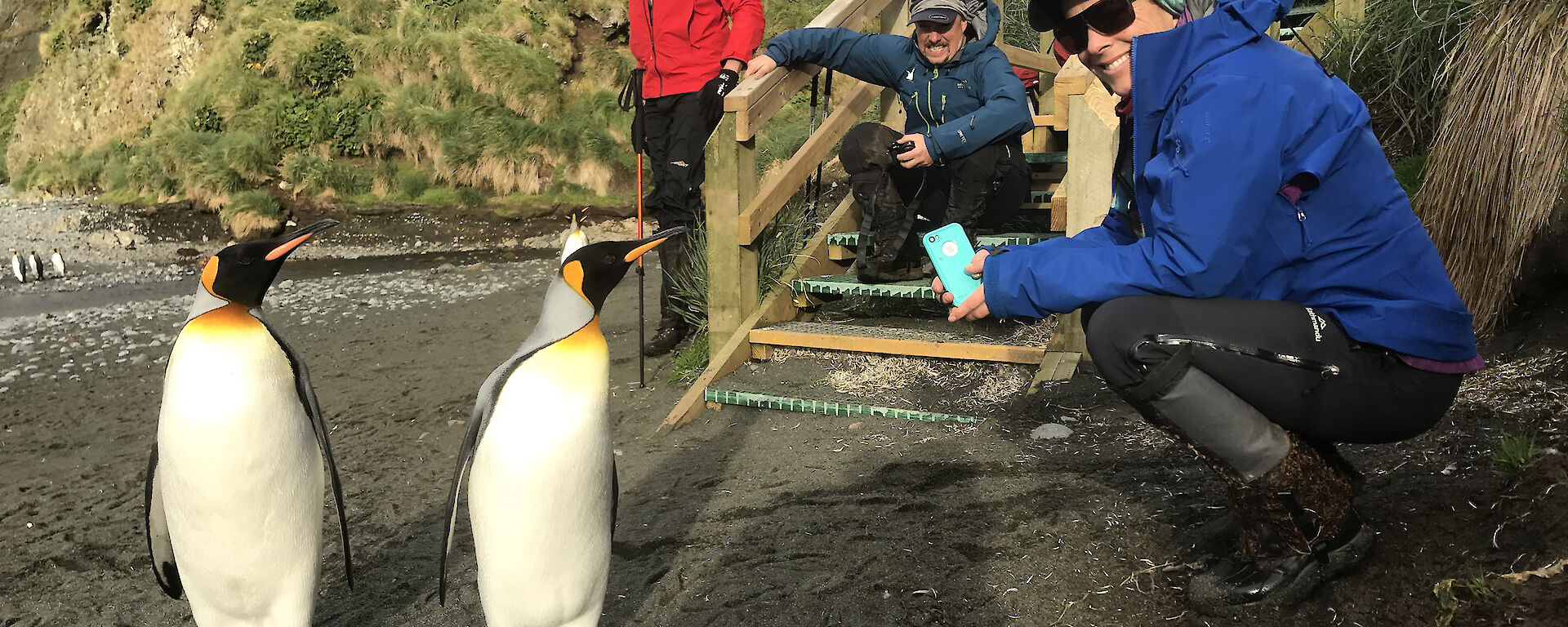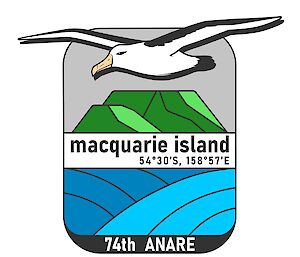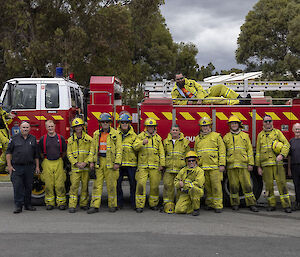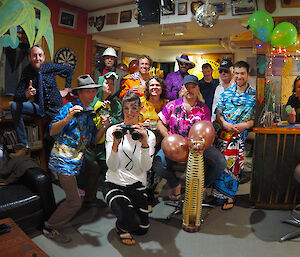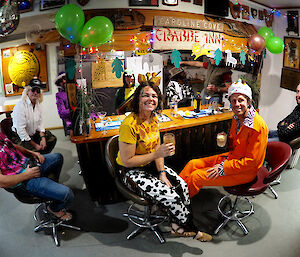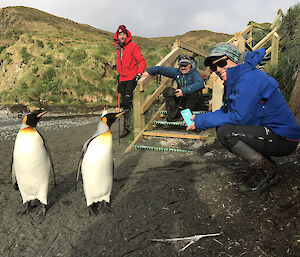The most common question I get asked about life and work on a sub-Antarctic station is "What do you actually do?" It’s a more straightforward question to answer if you’re a chef, electrician or plumber, but Station Leader? What the hell is that? Of course my flippant answer is that I drink coffee, talk to people and look at penguins when of course the truth is much different. I drink coffee, talk to people, look at penguins, talk a bit more and then go sniff out a few large elephant seals to look at!
But really, what is it that I do and what is it that makes this such a unique, interesting, challenging and desirable job? I can only answer for myself, not those that have come before, nor for my peers, nor those that will come after. I’m also only partially through this experience so this is a presentation of first impressions rather than a set of golden rules.
To truly understand the role, you need to go back to the job description.
Lead a diverse group of people, in the middle of nowhere, who have different backgrounds, interests and don’t know each other very well (yet). Make sure you execute your program of works to a high standard and keep everyone safe, happy and well. Good luck and we’ll be back in a year (‘ish) to pick you up. Any questions?
Obviously a sense of humour is important, but people come into this line of work for a wide variety of reasons. Adventure and the uniqueness of the experience shoot towards the top of any list, but like any enduring long term relationship, the shiny features that attracted you in the beginning are soon replaced by something more substantial and meaningful. The reality is that here, just like anywhere else, we all have jobs to do each day. It is certainly a workplace like no other, but it is still a workplace nonetheless.
What keeps people coming back year after year is the combination of the people, environment and sense of community. The shared identity that comes from working in such a remote and amazing environment is a very powerful tonic and it attracts a band of interesting, intelligent, competent and can-do people.
To some extent, the Station Leader’s role in all of this is relatively simple. Curate an environment where people can do their best and be their best. However, the simplicity of that statement belies the layers of subtle complexity that exist in order to make that both possible and sustainable over an extended timeframe in such a remote location. The real trick is to work out how to achieve that end without getting in the way too much. A good team pretty quickly works out how to lead itself.
The definition of a successful season is very subjective and you certainly can’t compare teams and seasons. They are all different. The beauty of us humans is that they don’t make too many of us in the same mould, but we are all attracted to the scent of a common set of values that pulls us in the same direction. As much as we have a range of normal objective measures to track the progress of our day to day work, whether we’ve been successful or not as a team essentially boils down to how we all feel. And feelings change. The Station Leader’s role is to provide gentle guidance such that the team both achieves success and feels successful.
Arguably, there is nothing that you’ve done before that really prepares you for this task. But actually, it’s the sum of everything you’ve ever done before that gives you the ability and willingness to take on the challenge.
From Derek the Station Leader and of course your friendly neighbourhood Macca crew.

